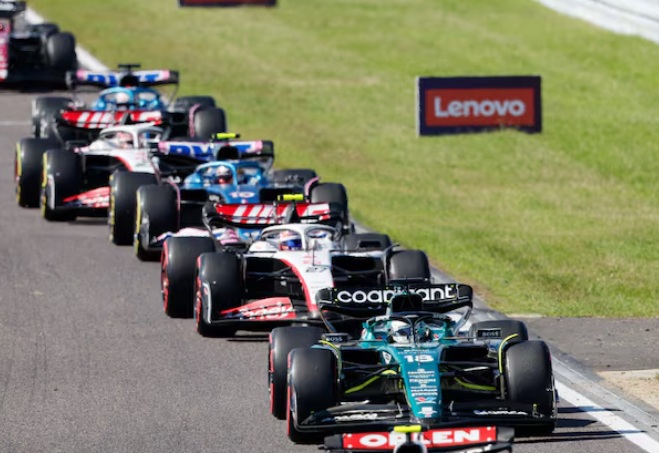When news broke that Rwanda was seriously vying to host a Formula 1 Grand Prix, many in the world met it with surprise.
The typical reaction: a small, landlocked African nation, known to the world for a tragic past, now wanting to stand alongside glitzy destinations like Monaco, Abu Dhabi, and Singapore? It seems audacious, almost fanciful.
But for those of us watching from Fiji, a Pasifika island nation grappling with its own potential, the response should not be surprise. It should be a profound, and perhaps uncomfortable, moment of introspection. Rwanda’s F1 bid is not about car racing; it is the ultimate symbol of a leadership that thinks in decades, not electoral cycles. It is a lesson in what becomes possible when a leader’s vision is to build a nation, rather than merely to win an election.
President Paul Kagame’s Rwanda is a case study in transformative leadership. The foundation was not laid with glamorous projects, but with the gritty, unglamorous work of national rebuilding. The monthly community work of Umuganda; which I had written about in this opinion column, was more than just cleaning up rubbish; it was a deliberate strategy to forge a shared social contract, instilling discipline, collective responsibility, and a tangible sense of progress from the ground up. Once the foundation of civic pride and order was secure, the sky became the limit. The country now boasts being the “Singapore of Africa” — a tech hub, a beacon of cleanliness and security, and a destination for global conferences.
The F1 ambition is the logical next step in this vision. It signals to the world: “We are open for business, we are capable, we are world-class.” It is an economic stimulus package wrapped in a global marketing campaign. The message is clear: we are no longer defined by our past, but by our audacious future.
Now, let us turn our gaze to our own beloved Fiji. We are blessed with natural beauty that Rwanda can only dream of. We have a resilient people, a strategic location, and a history of punching above our weight on the global stage. Yet, we often find ourselves trapped in a cycle of short-term political manoeuvring. Our national discourse is too frequently dominated by racial and political divisions, that harken back to a past we seem unable to transcend, rather than a future we are excited to build.
Where is our Umuganda? Where is our unifying, nation-building project that asks every citizen to contribute to a cleaner, more orderly, and more cohesive Fiji? We have the veiqaravi vakavanua, the traditional communal obligations, but the spirit has not been appropriately harnessed at a national level by visionary leadership to create a modern, shared civic identity. Instead, we see infrastructure that deteriorates, public services that strain, and a national mood that often swings between hope and cynicism.
The difference lies in the nature of leadership. Visionary leadership, as seen in Rwanda, is not about popularity; it is about legacy. It is about having the courage to make difficult decisions today for a reward that a future generation will reap. It is about selling a dream so compelling that the people are willing to sweat for it. It asks not, “What can I promise to get re-elected?” but “What must I build to ensure my grandchildren’s prosperity?”
Fiji does not need a Formula 1 race. But Fiji desperately needs the kind of thinking that an F1 bid represents. We need a leadership that dares to imagine a Fiji that is not just a tourist paradise, but a regional hub for finance, technology, and sustainable ocean-based industry. A leadership that invests in world-class education and healthcare not as a cost, but as the essential infrastructure of a 21st-century nation. A leadership that unites us under a common name of “Fijian,” where our diverse backgrounds become a source of strength, not a political weapon.
Rwanda’s story is a provocation. It challenges the fatalistic notion that a nation’s destiny is sealed by its history or its size. It proves that transformation is possible with relentless focus, discipline, and a leader who paints the horizon not as a distant line, but as a destination within reach.
The question for Fiji is not whether we can host a Grand Prix. The question is, do we have the leadership with the vision to make us believe we even could? Our potential is not in the ground or the sea; it is in the quality of our ambition. It is time we started reaching for the sky.

